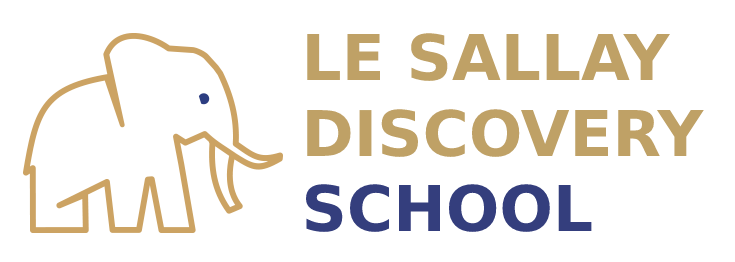"The wonder of writing is the recognition that everyone is a writer"
Le Sallay Discovery's Head of Humanities Tonya Walker is a writer, a teacher and a lifelong learner. We have asked Tonya a few questions about her teaching philosophy and the ways in which education has changed in recent years.
18 March 2022
- What inspired you to teach? What are the most rewarding parts of this job?
I am inspired by Middle Schoolers. When I began teaching them, I was surprised by the sheer fun of it. Middle School students are open and passionate about ideas in ways unique to this developmental stage. They don’t believe everything they think and are naturally curious about the world. Building relationships with them by connecting with their curiosity is deeply satisfying.
- How did the approach to teaching humanities change in the past few years? What are the trends you like? What are the challenges?
It has been intriguing to see how scholars have leveraged the tools of the humanities to address this moment of crisis and change. I have noticed three trends in the field: more projects focusing on cataloging the breadth of pandemic experiences through oral history and archival collection methods, teachers creatively navigating the digital pivot with much more interactive programming - the sage is no longer on the stage, and most instructors have made meaning out of this moment with perspectives from history, literature, and art.
Humanists have turned to global histories and literature to draw connections across cultural contexts and to ask, perhaps, the most important questions when examining our past and future stories: Whose voices are we hearing? Whose voices are we missing?
- Have you had a lot of experience with blended and/or distance learning? What are your expectations?
Yes. I had experience with asynchronous and synchronous distance learning as a Graduate Student before the pandemic. Then, as of March 2020, my faculty and I pivoted, planned, and created distance and hybrid learning models with which to move forward. As we stripped curriculum to its essential components, it became apparent that the essence of learning begins with relationships. Teachers first need to create a space where students feel seen, heard, known, and welcome.
It was then that this hybrid model of education emerged for me as something beyond a place-holder until things returned to “normal”. It became a new way of thinking about education.
- You are a writer working on a collection of short stories. Do you see yourself incorporating your creative writing skills into your teaching?
Always. The wonder of writing is the recognition that everyone is a writer. Middle schoolers naturally view the world through a narrative arc and instinctively understand the role of unreliable narrators. Exercises that explore perspective and plotting not only help them become strong writers but also help them grow as readers.
The importance of revision in the writing life also acts as a metaphor for all areas of a student’s life. By focusing on refining and revising work, we demonstrate what matters - resilience not perfection.
- What are your goals as a teacher?
Guiding and encouraging students to explore their interests and love learning for learning’s sake.
- Could you share any memorable moments from your teaching practice?
In the spring of 2016, a month deep into my Holocaust unit, I was contacted by a parent whose cousin had just published her debut novel based on her family’s experience. She asked whether I would be interested in reading the novel and having the class interview the writer. I quickly read the novel (and loved it) and then told my five sections of 8th-grade English about the book and the opportunity. They not only wanted to meet the writer, but they also voted to add the book to our curriculum and devised a Socratic Seminar as the assessment for the project. The author was so impressed with their enthusiasm that she met with each class individually to participate in their Socratic Seminar. I could not believe how excited they were to add a 403-page novel to an already rich curriculum. Their joy and spontaneity were infectious.

